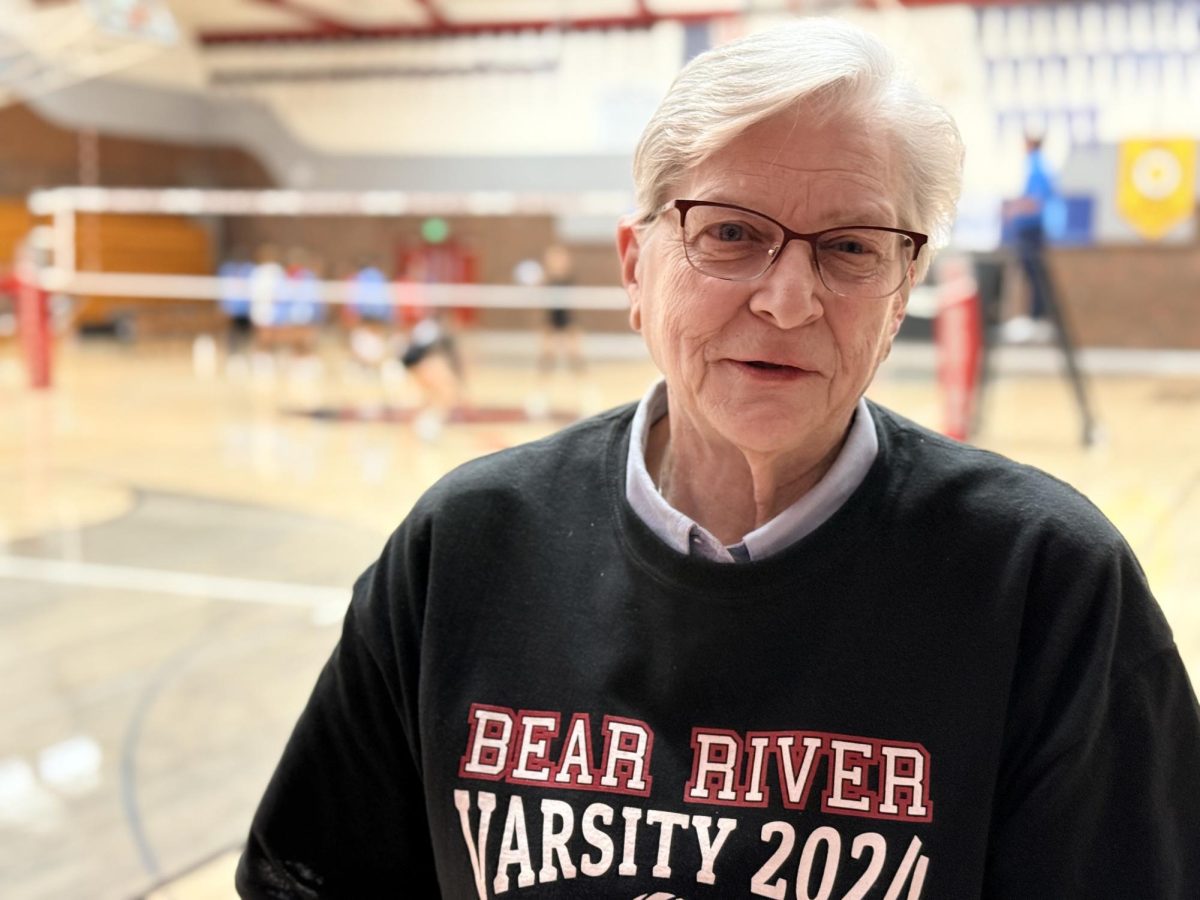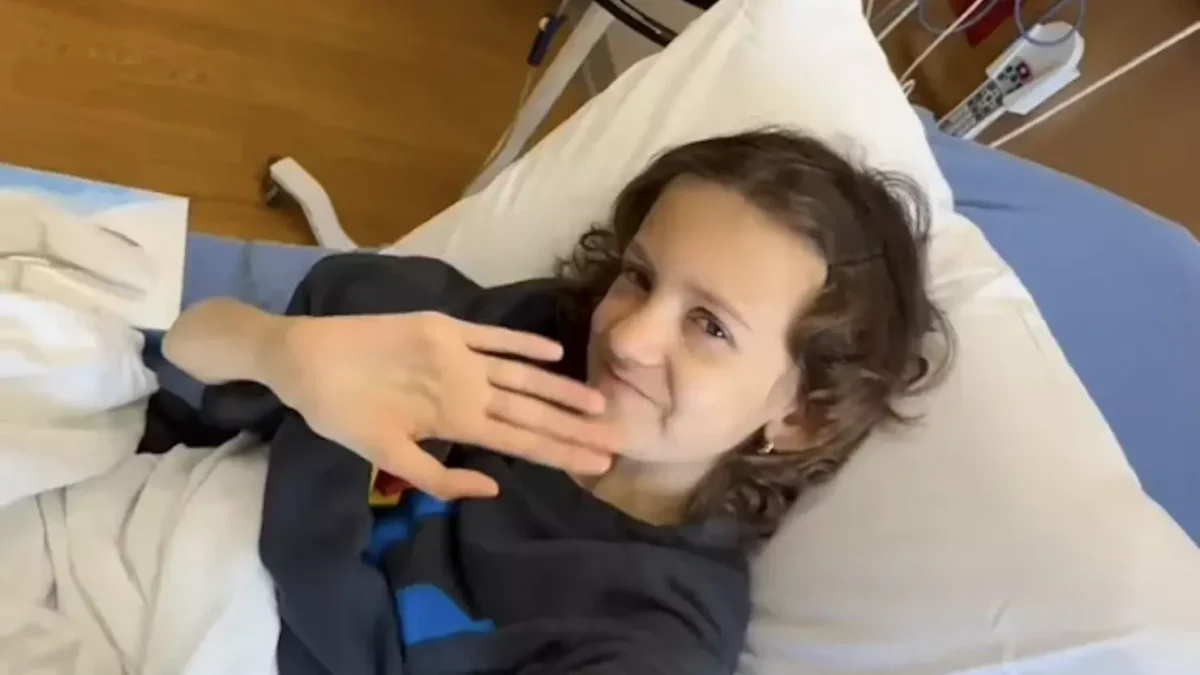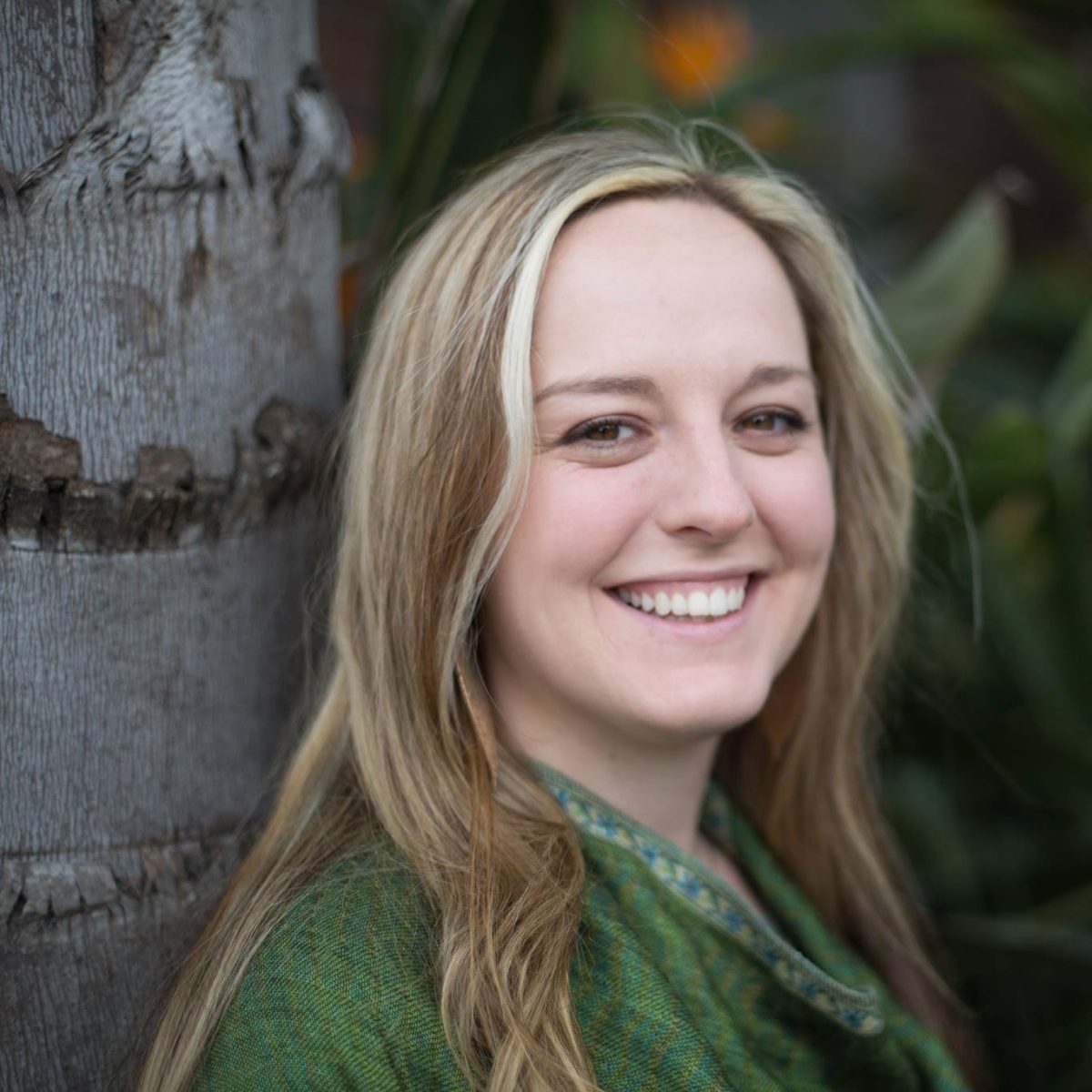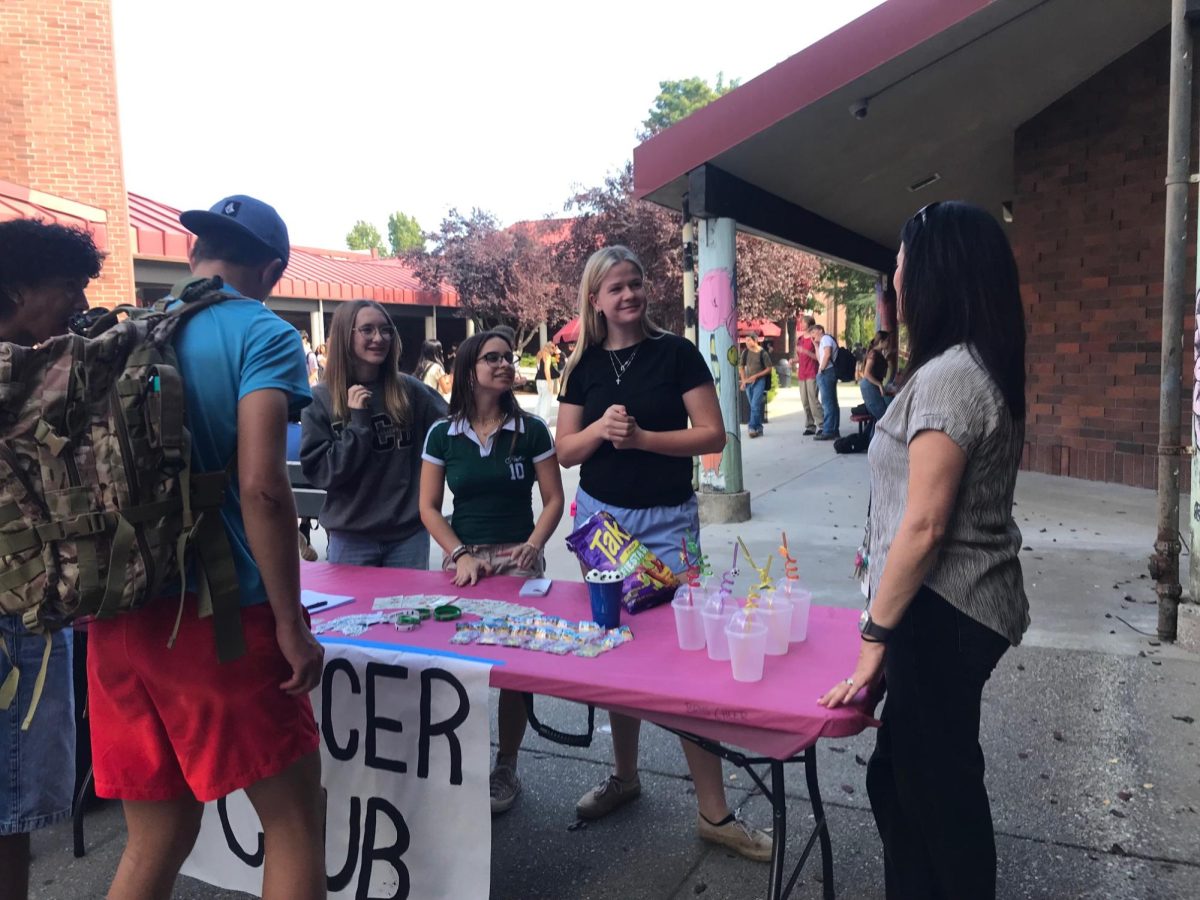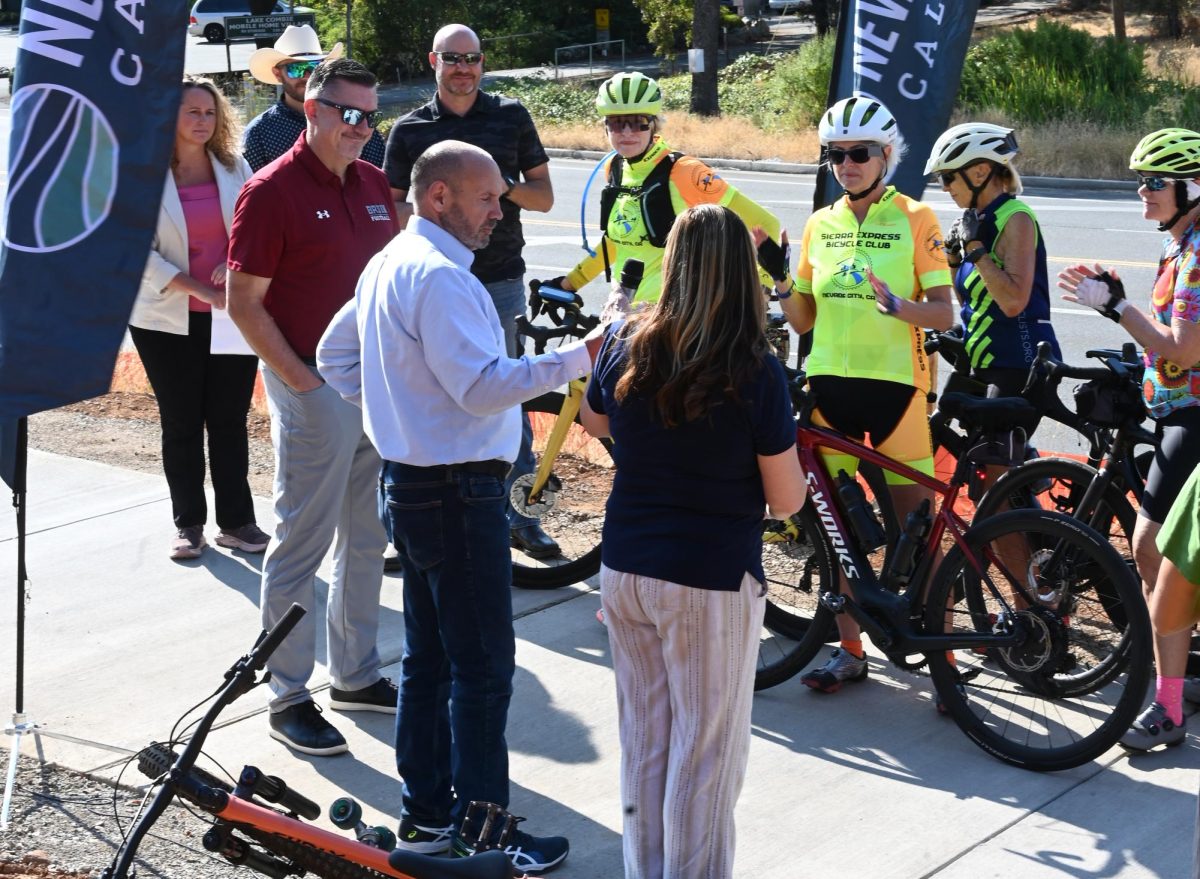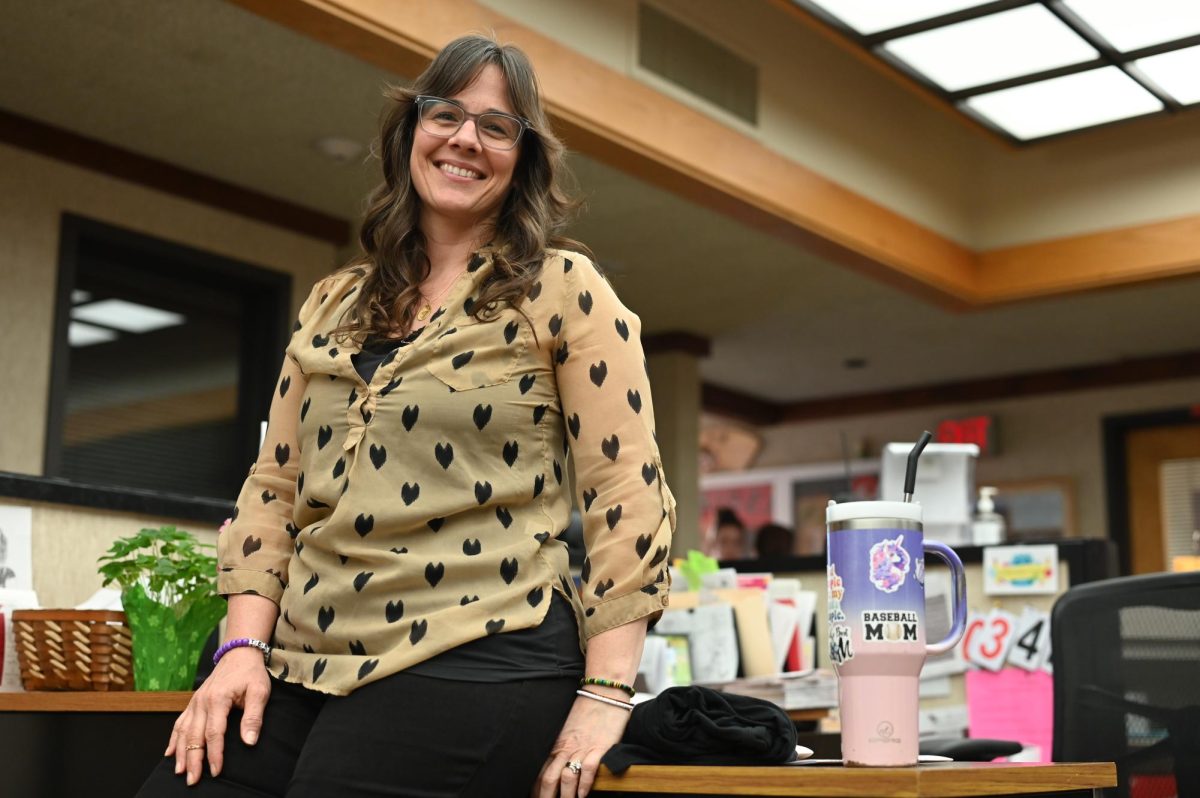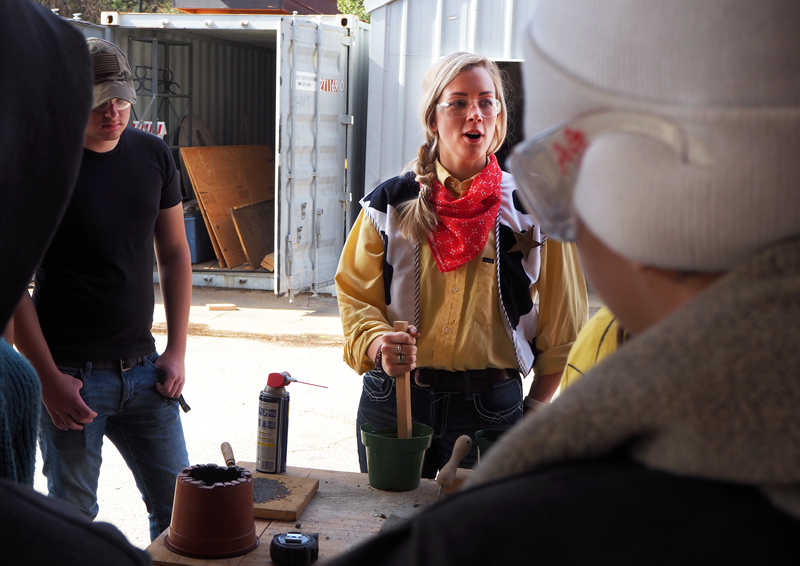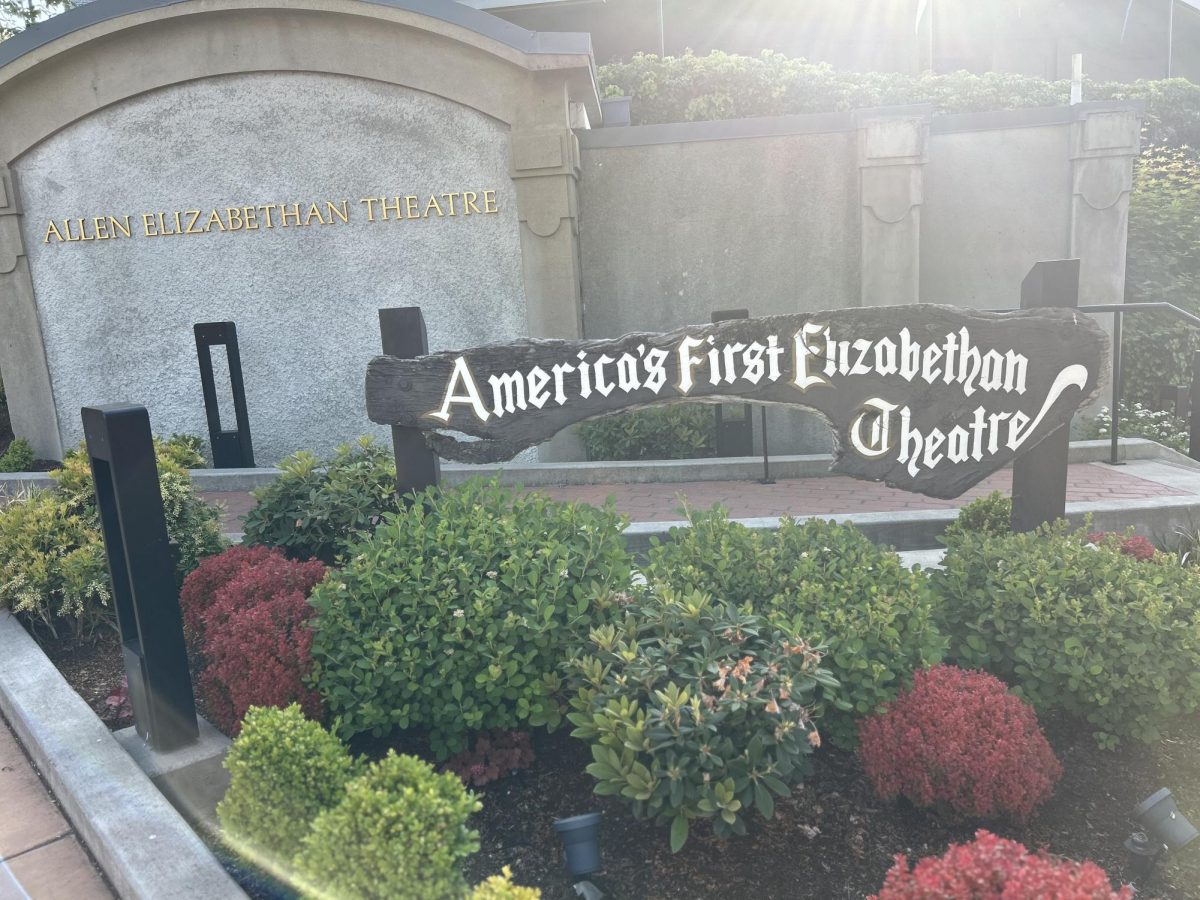Have you ever wondered if there was any way of improving your chances of getting into the college of your dreams? Or perhaps qualifying for the job you’ve wanted since you were little? Many Bruins are aware of the programs that are offered at Bear River, such as online college, Advanced Placement (AP), or dual enrollment classes, which can make students’ dreams a reality.
One of the AP Program’s current members, Junior Tressie Costantino, explained the differences between the normal courses and the advanced courses.
“Normal classes cover the basic high school requirement in the textbooks,” said Costantino. “The [AP] courses cover much more material in a shorter period of time. The quality of the work is assumed to be completed at a college level.”
She also talked about how taking advanced classes now can reduce the prices of college later.
“… If I pass the AP test and get college credit, I would not have to take that class in college,” Costantino said. “This could save money [and] graduating college does open up many job opportunities.”
Senior Noah Skowronski explained how you can know if you’re eligible for the classes.
“… You have to meet certain prerequisites to get in, as well as taking a test,” said Skowronski. “For classes at colleges, you have to get into the college or apply to an individual program.”
Skowronski also talked about how the AP classes could open up many more job opportunities for him.
“I would like to be a scientist one day,” Skowronski said. “My AP classes have helped me towards this goal because they will help me graduate college more quickly and they might increase my chances of getting into the natural sciences honors programs.”
He also added a message to anyone hoping to join the program.
“The classes shouldn’t be taken lightly,” Skowronski said. “Taking it for the grade bump is okay, but they really should be taken to learn and prepare for college.”
Grace Billingsley, a junior, talked about the personal benefits that come from advanced classes.
“… A student prepares themselves for the future and learns valuable lessons about organization, time management, and [how to uphold] a professional attitude,” said Billingsley.
She also restated the lower costs and the college credits from the AP classes.
“… Students can also earn credits towards a degree program, which can really help to cut costs of college later on and improve your chances of getting into a prestigious college,” Billingsley said.
Dual enrollment classes allow students to be simultaneously enrolled at Bear River and at Sierra College. According to Agriculture Teacher Morgan Perry, next semester she will be teaching a dual enrollment Ag Mechanics II course.
“I think [these classes] help prepare them for college should that be their path, so they know the type of material, projects, and experience that will be expected of them,” she said. “Even if college is not their path, it gives them additional education so they are above the average person maybe trying to get a job right after high school.”
Although online college courses, dual enrollment classes, and AP classes can all be helpful for college and job opportunities, there are some differences. For example, to get college credit from taking AP classes, you have to pass the test at the end of the year. One of Bear River’s counselors, Cindy Henry-Grimm, explained the help that the classes bring later in life.
“It’ll give a grade bump, of course, but it also gives you that experience of the more in-depth program,” said Ms. Henry-Grimm. “For jobs, maybe it would give you better work ethic. I [also] think it prepares them much better for college expectations. The workload is very different from the traditional class, and the expectation is that they do more in-depth work, which is more aligned with what to expect from college.”
She finished with stating her belief that any and all students can take advanced classes with a little bit of work.
“I think all of our students are capable of doing AP classes, I think it’s just a matter of understanding the time and the commitment,” she concluded.
— Dominique Peter contributed to this report.


